Approximately 62% of inhabitants in Copenhagen, Denmark, commute to work or school by bike, but only 11% of Americans do the same. Eveliina Peltokoski and Sarah Michel are two of Denmark’s cyclists in “the world’s most bicycle-friendly city,” according to Copenhagenize Index in 2019.
“Our nation wasn’t built on the car industry,” Peltokoski said.
Why It’s Newsworthy: Denmark is ranked as the second-happiest country in the world, according to the World Happiness Report. The country’s bicycle culture is a major contributor to this statistic due to the mental health benefits of biking.Michel describes biking as an activity that bonds Copenhagen’s diverse residents. She often finds herself biking among both businessmen and children.
“It’s just the thing that everybody does no matter which social class you belong to or what salary you have. I think it has a very equalitarian basis to it,” Michel said.
This interaction between diverse cyclers establishes a greater sense of community. The World Happiness Report also notes that social interactions outside of the home promote well-being and reduce loneliness.
I rented a bike to traverse the city when I studied abroad in Copenhagen, and biking throughout the city with the locals made me feel closer to the Copenhagen community than if I were to have used other forms of transportation.
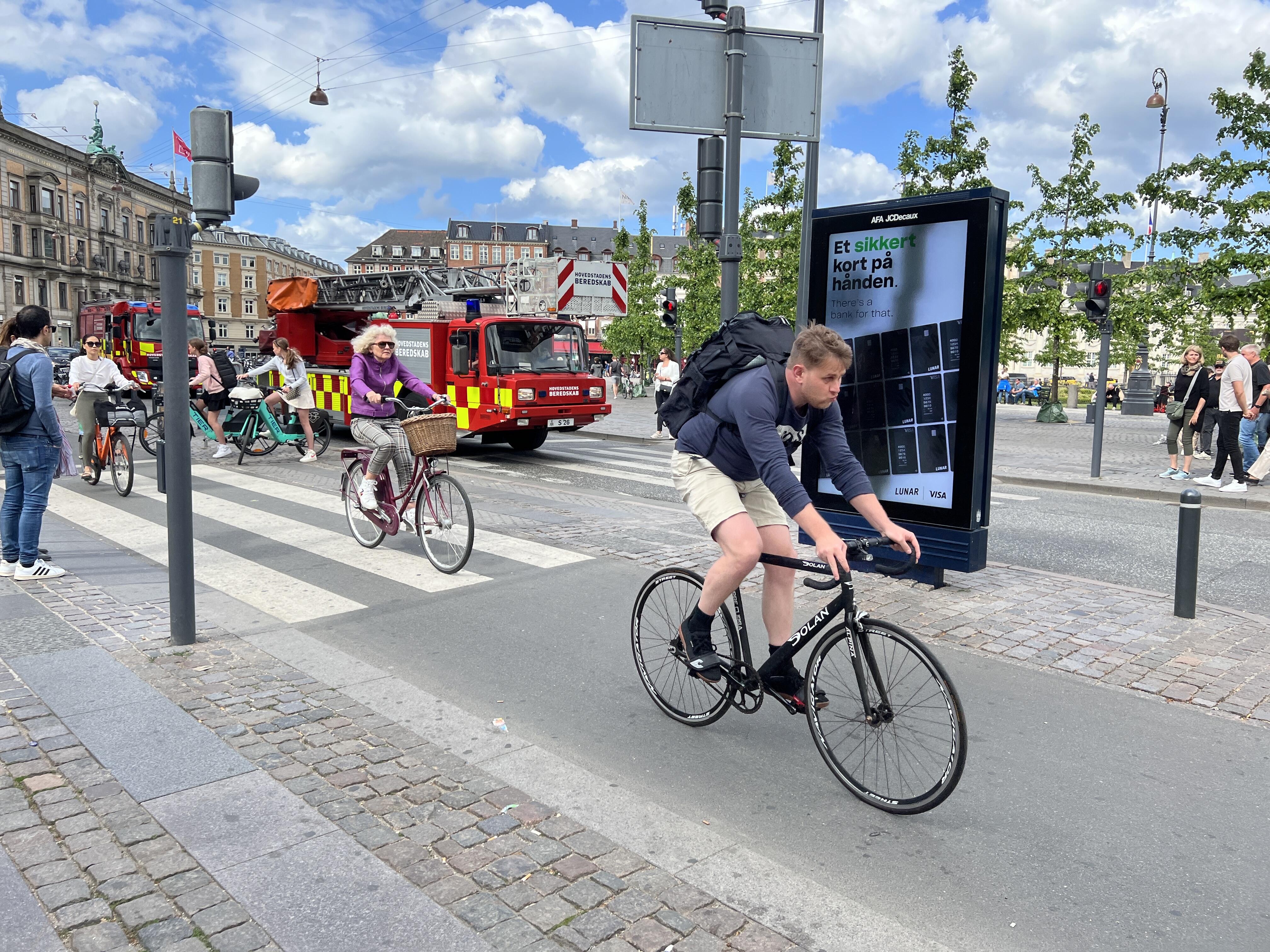
Biking also promotes physical activity. Michel enjoys completing her sports activity for the week by biking every day.
Physical activity such as cycling has strong links to happiness and mental health. According to the research of Zhanjia Zhang and Weiyun Chen, the odds of being happy as a very active person are 52% higher than being happy as an inactive person.
While biking in Copenhagen, my daily movement increased drastically from when I was in the United States. Being physically active while exploring the city made me feel much happier and even encouraged me to continue biking for fitness at home.
Biking lacks the physical constraints of a car or other methods of transportation, which creates a sense of freedom and connection to the environment. Michel loves the freedom that biking gives her when traveling and opts for biking over public transportation such as the bus.
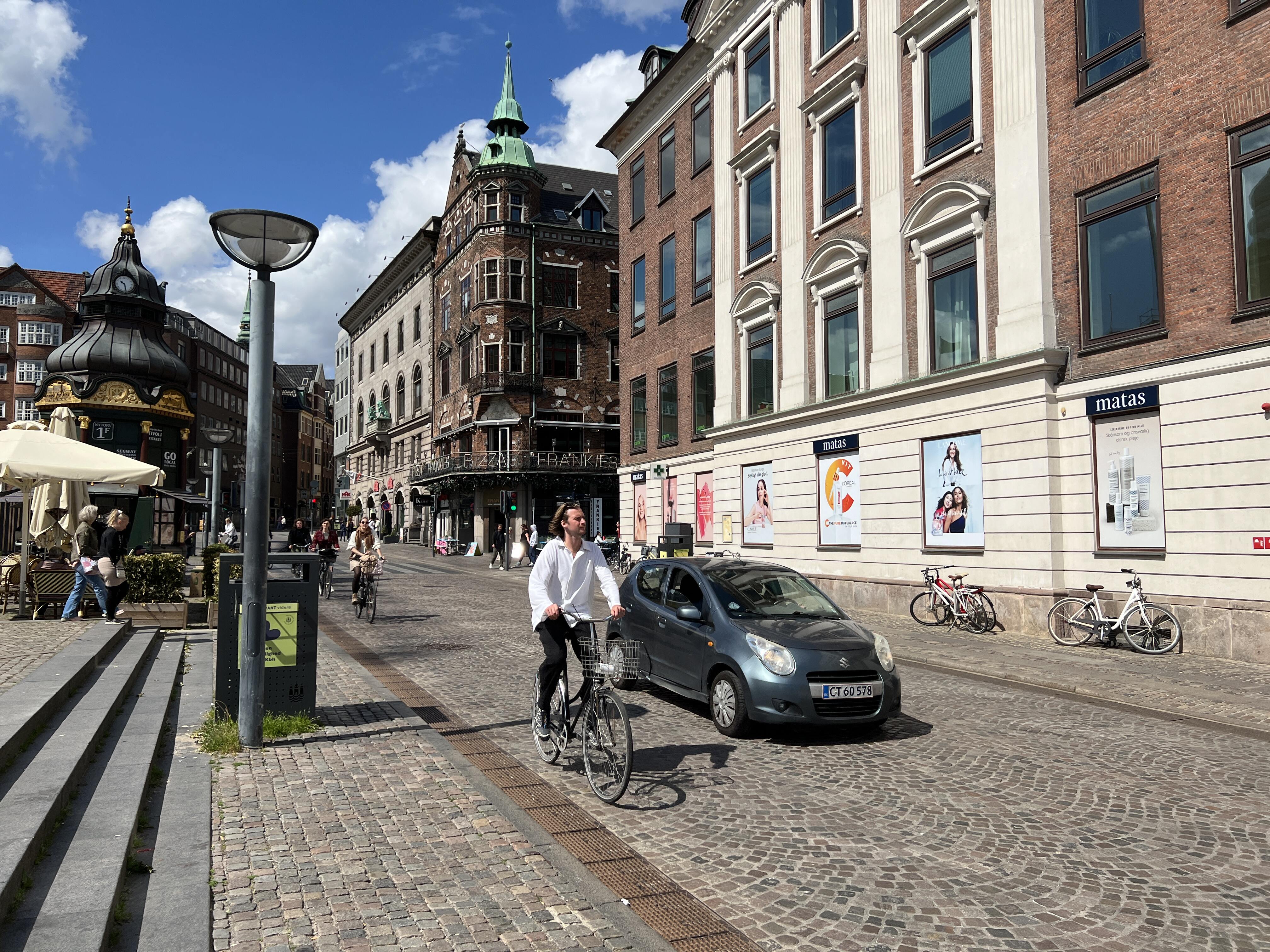
“For me, it’s really important and plays a big role in your mental load on the daily,” Michel said. “It’s a bit peaceful, and it’s a bit like a flow when I’m biking in the city. Of course, the city is just so beautiful, that there’s a flow associated to it, that the system works well and everybody respects it very strongly.”
This freedom and outdoor exposure improves the happiness levels of bikers. The World Happiness report says that “nature has a direct, positive impact on happiness shaped by our evolutionary origins.”
Biking in Copenhagen was both convenient and soothing for me. Being able to navigate in the open air and truly take in the city’s scenery and atmosphere made me feel calm and carefree.
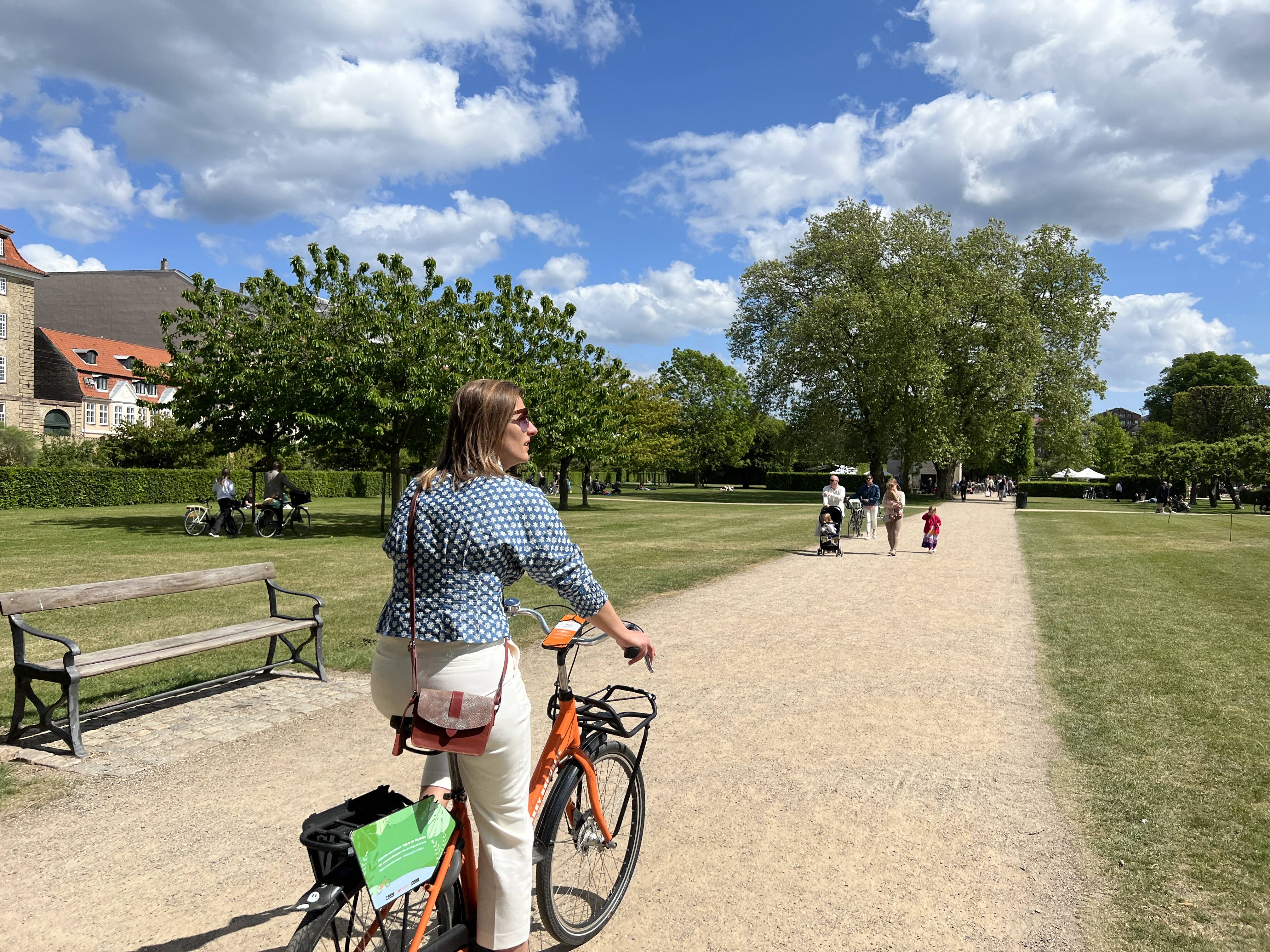
While biking in Copenhagen initially seemed daunting as a tourist, I got accustomed to it and thoroughly enjoyed the experience. I hope other tourists consider biking in Copenhagen.
Michel also encouraged tourists to engage with the biking culture during their travels to Copenhagen and offered her advice.
“Stay on the right because people will pass you on the left. Also when people ring the bell, you don’t have to take it personally. Sometimes it’s just to warn you that they will pass you on the left, and it’s not an insult or anything,” Michel said.
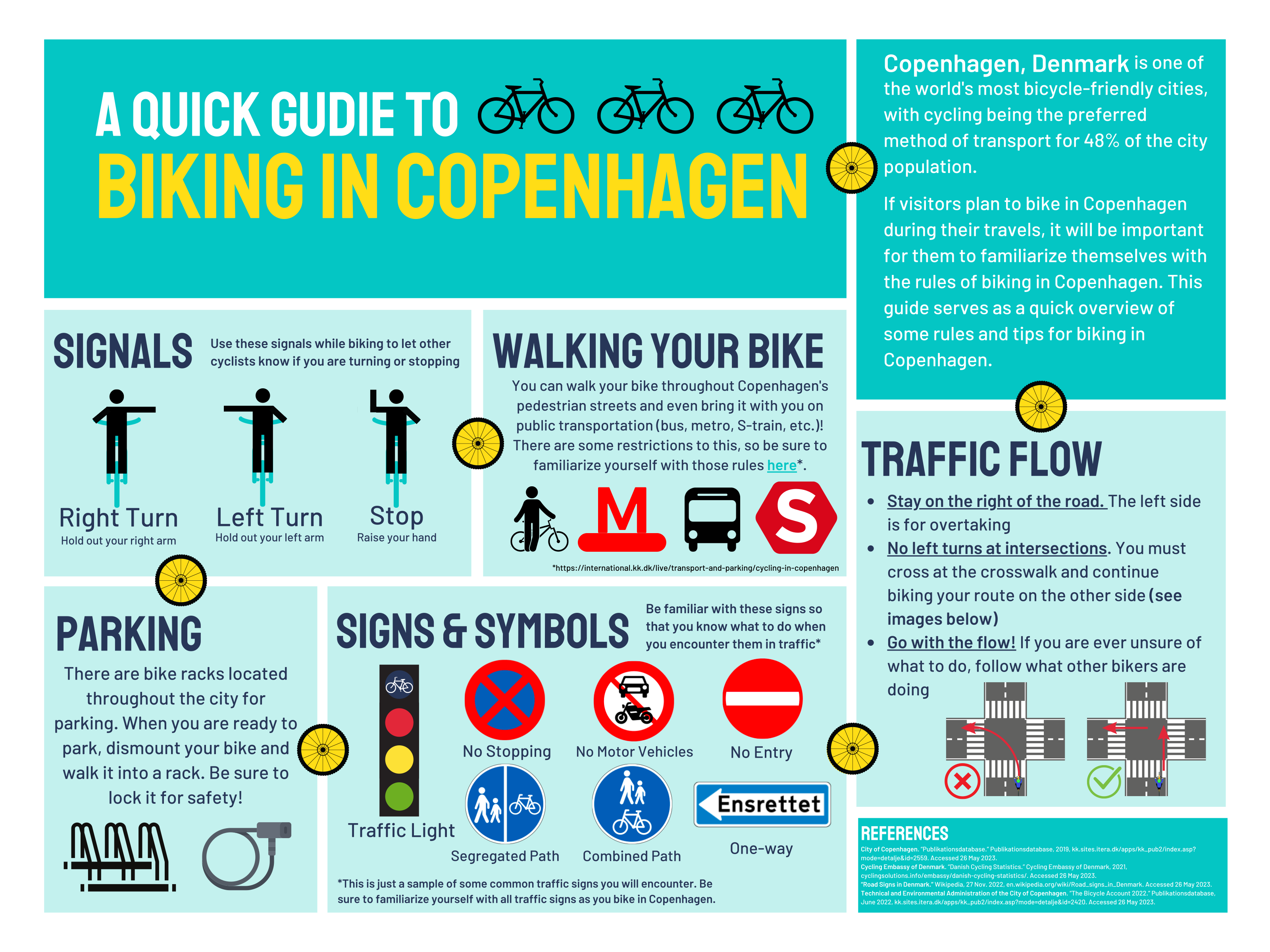
Mason Brock is a junior majoring in public relations in the Grady College of Journalism and Mass Communication at the University of Georgia.


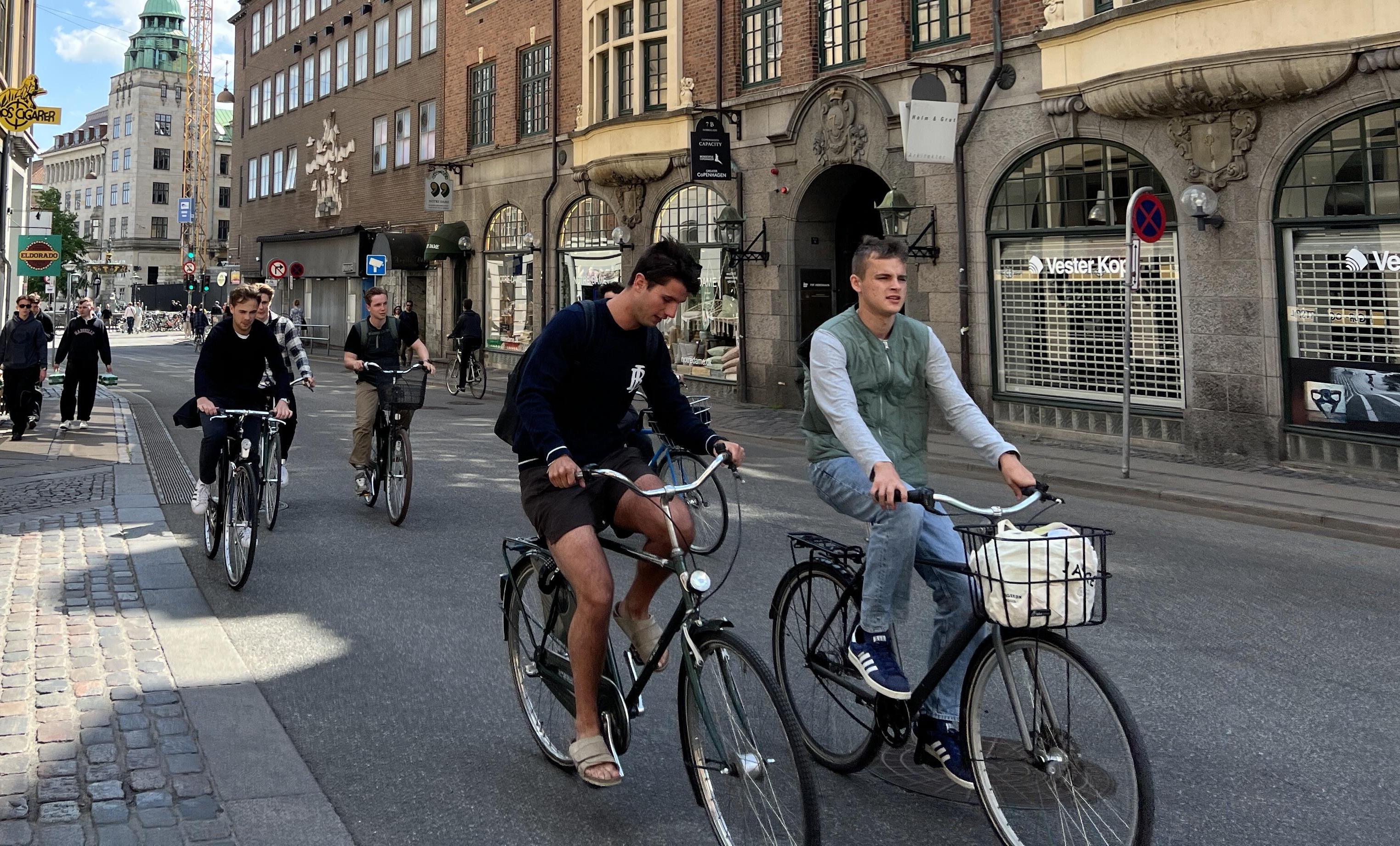
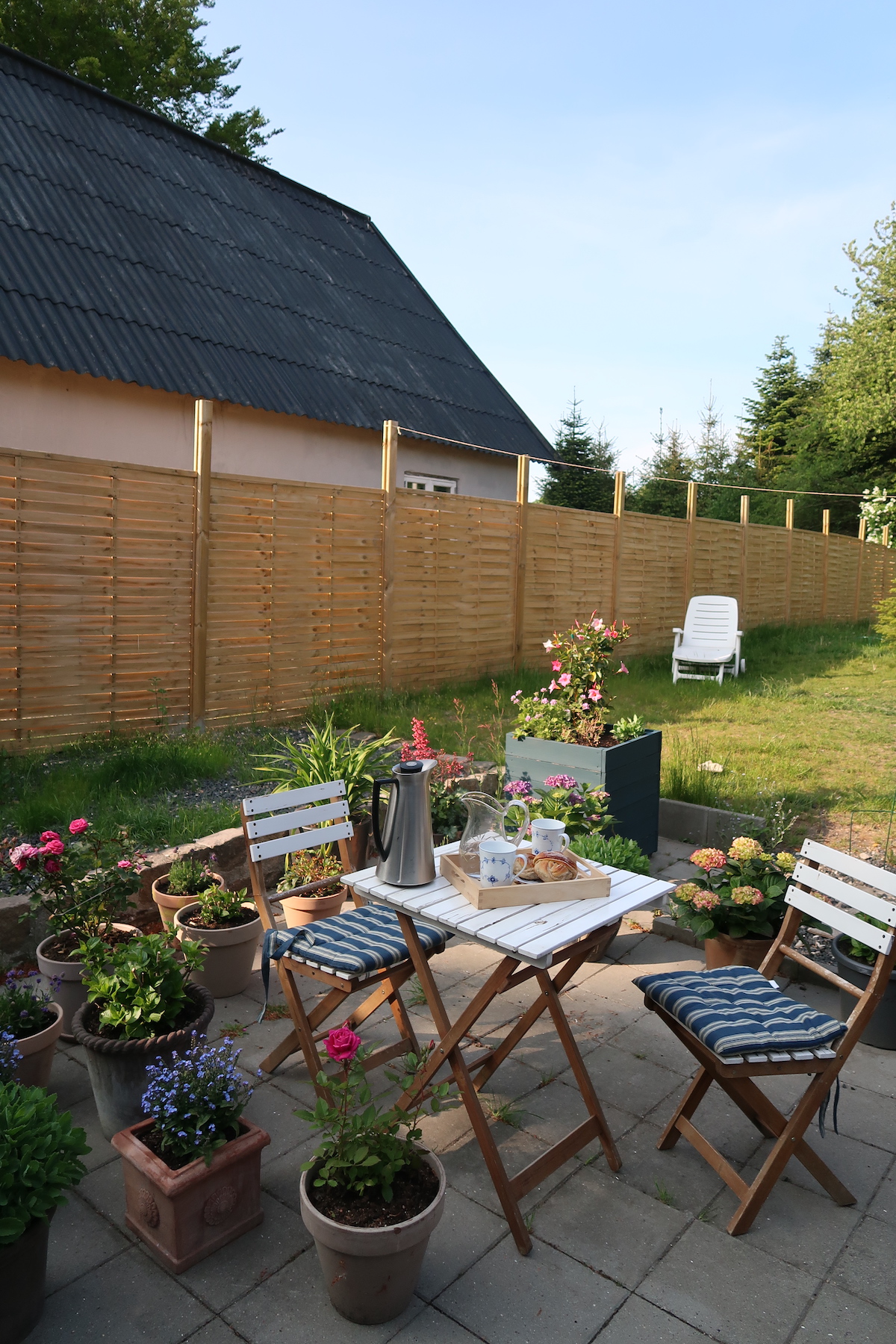



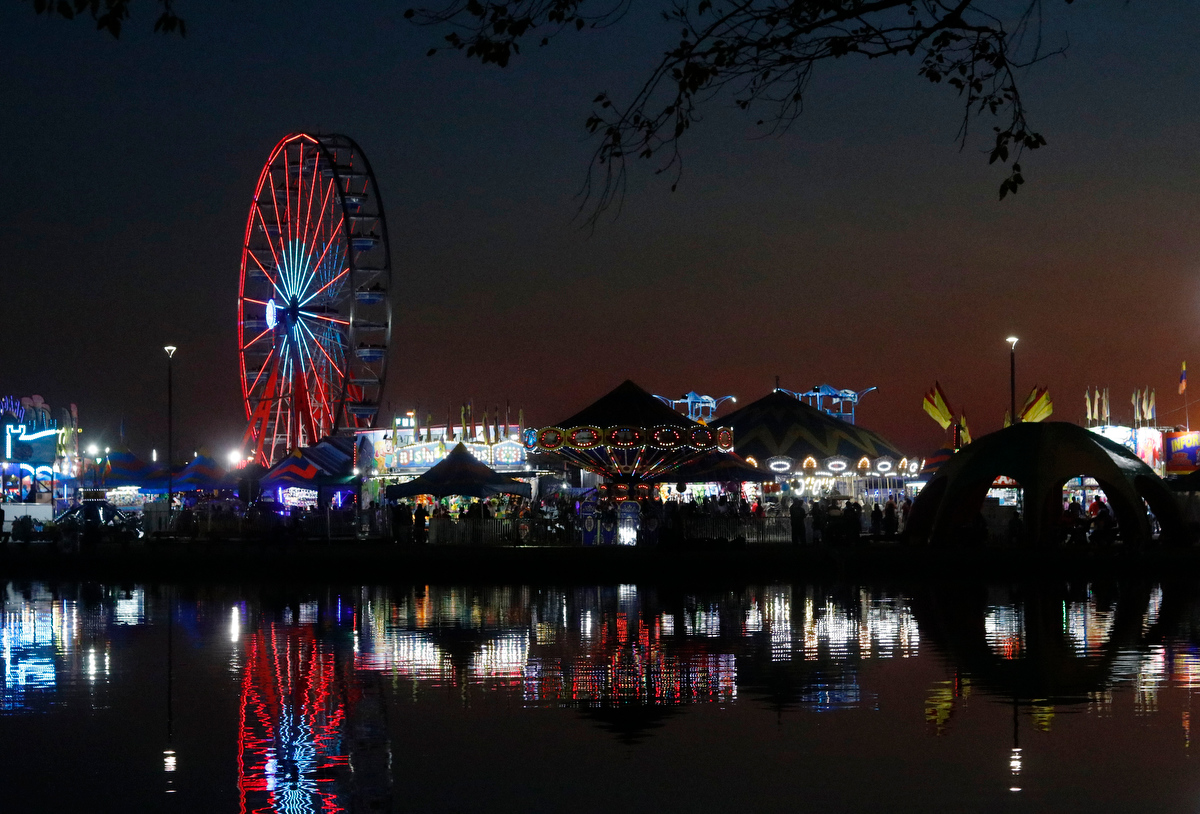

Show Comments (1)